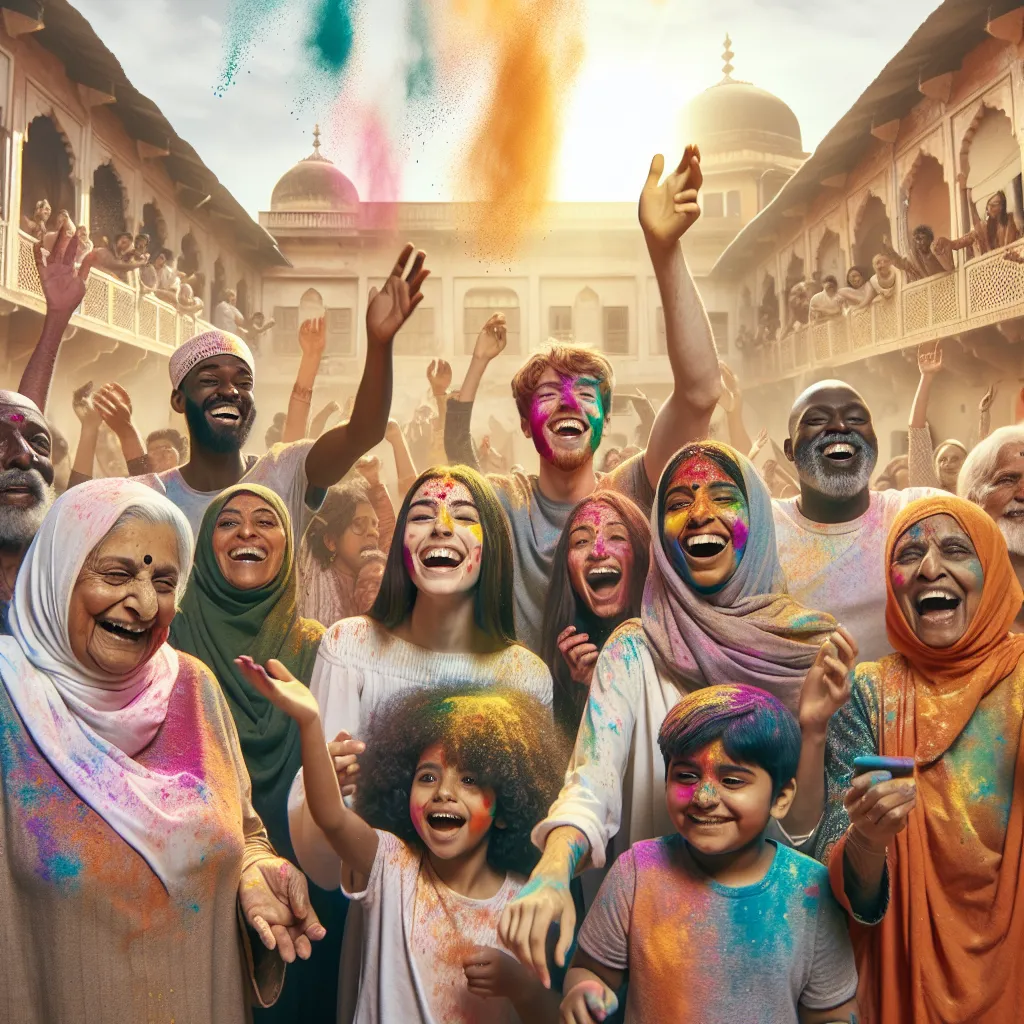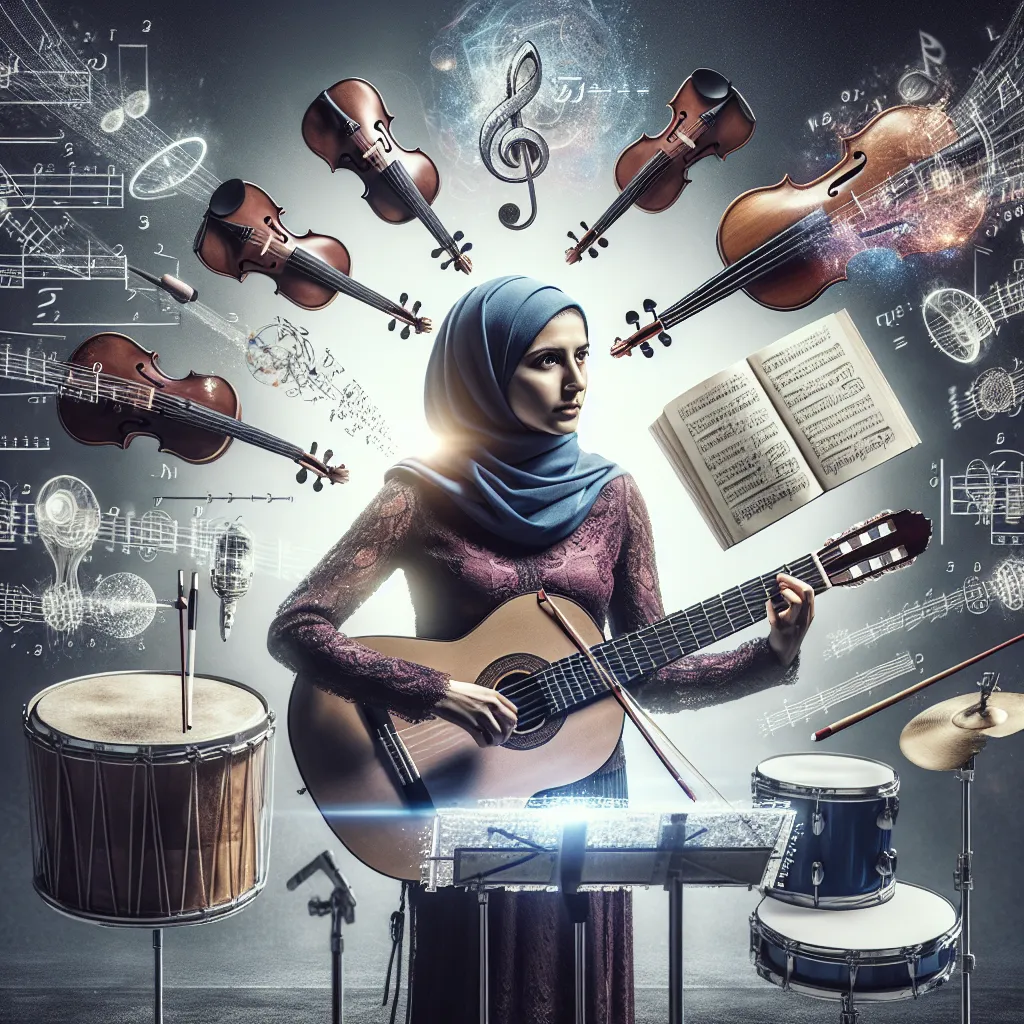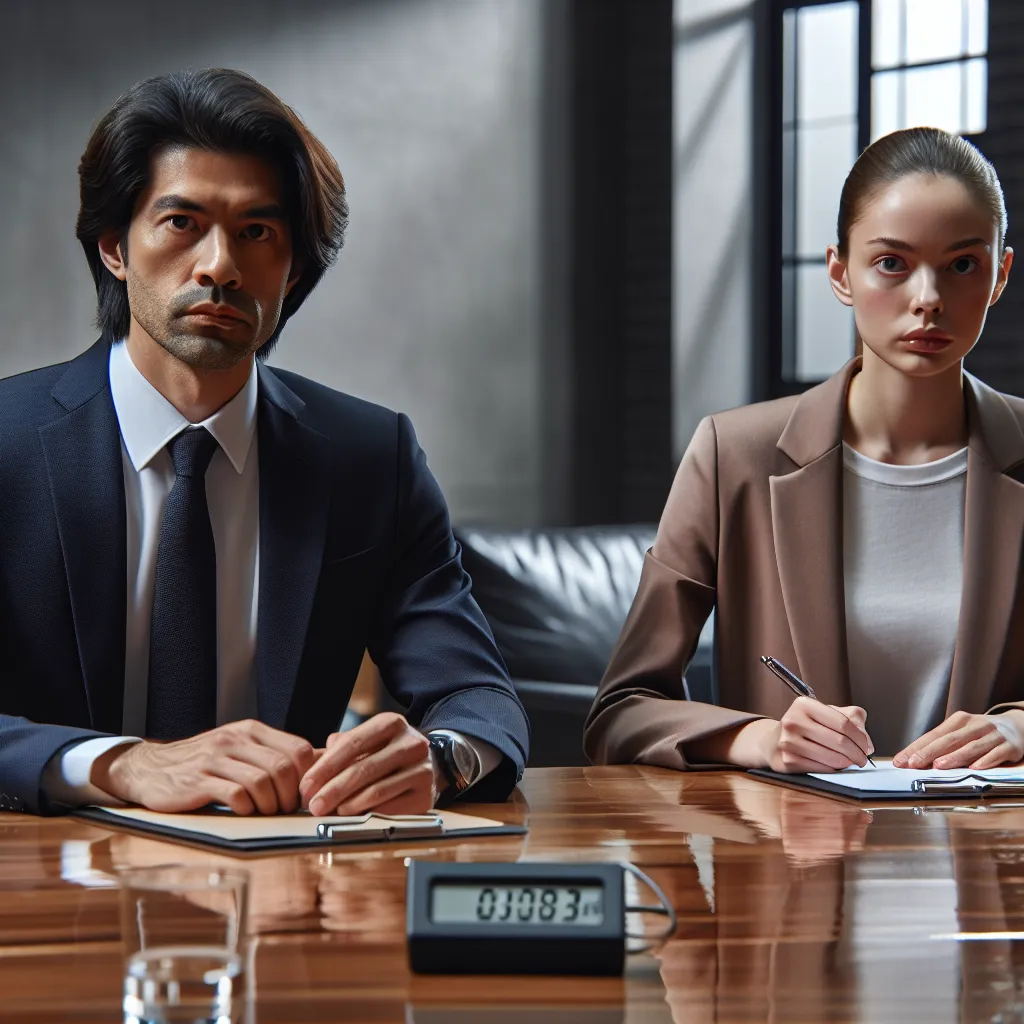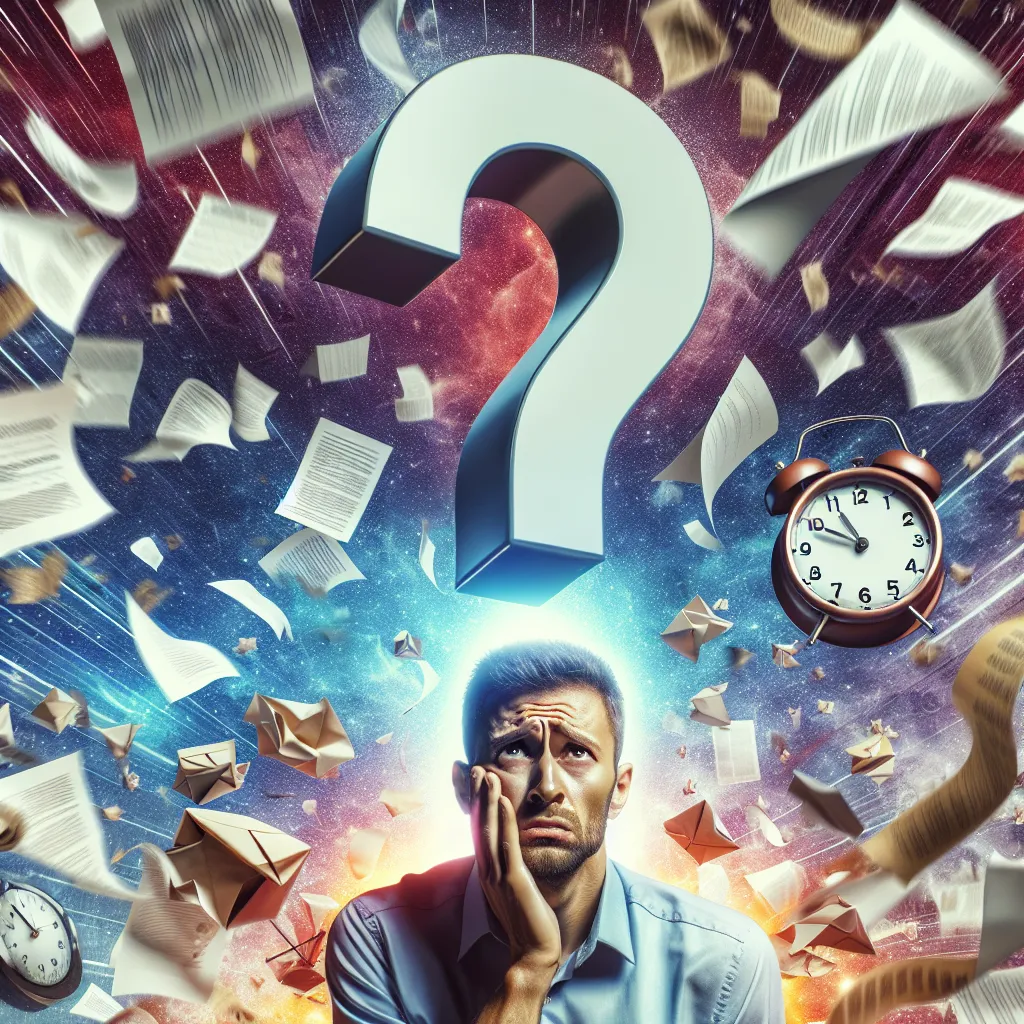The IELTS Speaking test often includes questions about cultural experiences, and one common topic is describing a cultural festival you’ve attended. This article will guide you through answering such questions effectively, providing sample responses and key strategies to help you achieve a high band score.
Nội dung bài viết
- Understanding the Task
- Part 1: Introduction and Interview
- Q: Do you enjoy going to festivals?
- Q: What kind of festivals are popular in your country?
- Part 2: Long Turn (Cue Card)
- Sample Answer (Band 8-9)
- Follow-up Questions
- Part 3: Two-way Discussion
- Q: How have cultural festivals evolved in recent years?
- Q: What role do you think cultural festivals play in promoting tourism?
- Key Vocabulary and Phrases for High Scores
- Examiner’s Advice
Understanding the Task
When asked to describe a cultural festival you’ve attended, the examiner is looking for your ability to:
- Recall and describe a specific event
- Express your thoughts and feelings about the experience
- Use appropriate vocabulary related to culture and festivals
- Speak fluently and coherently about the topic
This topic is frequently tested in IELTS Speaking, particularly in Part 2, where you’re given a cue card to speak about for 1-2 minutes.
Part 1: Introduction and Interview
The examiner may start with some general questions about festivals and cultural events. Here are some possible questions and sample answers:
Q: Do you enjoy going to festivals?
Band 6-7 Answer:
Yes, I do enjoy festivals. They’re usually fun and exciting. I like seeing new things and experiencing different cultures through festivals.
Band 8-9 Answer:
Absolutely! I find festivals to be incredibly enriching experiences. They offer a unique opportunity to immerse oneself in different cultures and traditions, which I find both educational and entertaining. The vibrant atmospheres, diverse activities, and sense of community at festivals are particularly appealing to me.
Q: What kind of festivals are popular in your country?
Band 6-7 Answer:
In my country, we have many festivals. There are traditional festivals like New Year celebrations, and also modern music festivals. Religious festivals are quite popular too.
Band 8-9 Answer:
My country boasts a rich tapestry of festivals, ranging from ancient traditional celebrations to more contemporary events. Notable examples include our elaborate New Year festivities, which often span several days and involve intricate rituals and customs. Additionally, we have a burgeoning scene of modern music and arts festivals that attract both local and international audiences. Religious festivals also play a significant role in our cultural landscape, often showcasing the diversity of faiths present in our society.
Part 2: Long Turn (Cue Card)
Here’s a sample cue card related to describing a cultural festival:
Describe a time when you attended a cultural festival
You should say:
- What the festival was
- Where and when you attended it
- What you did at the festival
- And explain why you found this festival interesting or enjoyable
Sample Answer (Band 8-9)
“I’d like to talk about my experience attending the Holi Festival in India, which I had the opportunity to participate in during a trip to Jaipur last March. Holi, often referred to as the ‘Festival of Colors,’ is a vibrant Hindu celebration marking the arrival of spring.
The festival took place in the streets and open spaces of Jaipur, known as the ‘Pink City.’ It was a two-day event, with the first evening dedicated to a ritual bonfire and the main celebration occurring the following day. The atmosphere was electric with excitement as people from all walks of life came together to join in the festivities.
During the festival, I fully immersed myself in the tradition of throwing colored powder and water at others. It was an exhilarating experience to be covered from head to toe in a rainbow of hues. I also had the chance to savor traditional sweets and participate in folk dances, which added to the cultural richness of the event.
What made this festival particularly interesting and enjoyable for me was the sense of unity and joy it fostered among participants. Regardless of age, social status, or background, everyone came together in a spirit of fun and equality. The festival also provided a unique insight into Indian culture, showcasing the country’s love for vibrant colors and communal celebrations.
Moreover, I was fascinated by the symbolic significance of Holi, representing the triumph of good over evil and the renewal of social bonds. It was a profound cultural experience that left me with a deeper appreciation for Indian traditions and a lasting impression of the country’s warm hospitality.”
 Colorful Holi festival celebration
Colorful Holi festival celebration
Follow-up Questions
Q: How do you think cultural festivals impact local communities?
Band 6-7 Answer:
I think cultural festivals are good for local communities. They bring people together and help preserve traditions. They can also attract tourists, which is good for the local economy.
Band 8-9 Answer:
Cultural festivals have a multifaceted impact on local communities. Firstly, they play a crucial role in preserving and promoting cultural heritage, ensuring that traditions are passed down through generations. These events also foster social cohesion, bringing diverse groups together and strengthening community bonds. From an economic perspective, festivals can be significant drivers of local tourism, boosting businesses and creating employment opportunities. Moreover, they often serve as platforms for local artisans and performers to showcase their talents, contributing to the cultural vitality of the region.
Q: Do you think globalization is affecting traditional festivals?
Band 6-7 Answer:
Yes, I think globalization is changing traditional festivals. Some festivals are becoming more modern and international. But it’s also helping to spread awareness of different cultures’ festivals around the world.
Band 8-9 Answer:
Globalization is indeed having a profound impact on traditional festivals, presenting both challenges and opportunities. On one hand, it has led to the homogenization of certain cultural practices, potentially diluting the unique aspects of some traditional celebrations. However, globalization has also facilitated cultural exchange on an unprecedented scale, allowing festivals to reach global audiences and gain international recognition. This exposure has, in some cases, revitalized interest in traditional festivals, especially among younger generations who might otherwise have been disconnected from their cultural roots. Additionally, the fusion of traditional elements with modern influences has given rise to innovative forms of celebration, ensuring the continued relevance and evolution of these festivals in a rapidly changing world.
Part 3: Two-way Discussion
Q: How have cultural festivals evolved in recent years?
Band 6-7 Answer:
Cultural festivals have changed a lot recently. Many now use technology to reach more people. Some traditional elements are being mixed with modern ideas. Festivals are also becoming more eco-friendly.
Band 8-9 Answer:
Cultural festivals have undergone significant transformations in recent years, adapting to changing societal norms and technological advancements. One notable evolution is the integration of digital elements, such as virtual reality experiences or live streaming, which has expanded the reach of these events beyond geographical boundaries. This digital shift has been particularly evident in the wake of global events like the COVID-19 pandemic, which necessitated innovative approaches to cultural celebrations.
Moreover, there’s been a growing emphasis on making festivals more inclusive and diverse, reflecting the multicultural nature of many modern societies. Many festivals now incorporate elements from various cultures, creating a rich tapestry of traditions and experiences.
Another significant trend is the increased focus on sustainability. Many festival organizers are now prioritizing eco-friendly practices, from using biodegradable materials to promoting waste reduction and recycling initiatives. This shift reflects a broader societal concern for environmental issues and demonstrates how cultural events can be platforms for promoting important social values.
Lastly, there’s been a noticeable trend towards experiential and interactive elements in festivals. Rather than being passive observers, attendees are often encouraged to actively participate in various aspects of the celebration, fostering a deeper connection to the cultural experience.
Q: What role do you think cultural festivals play in promoting tourism?
Band 6-7 Answer:
Cultural festivals are very important for tourism. They attract many visitors who want to experience different cultures. This helps the local economy and promotes the country’s image abroad.
Band 8-9 Answer:
Cultural festivals play a pivotal role in promoting tourism, serving as powerful magnets for both domestic and international visitors. These events offer a unique window into the soul of a culture, providing tourists with authentic experiences that go beyond typical sightseeing.
Firstly, festivals act as cultural ambassadors, showcasing a region’s traditions, arts, and customs to a global audience. This cultural showcase not only attracts tourists but also helps in building a distinctive identity for the destination, setting it apart in the competitive tourism market.
Moreover, cultural festivals often coincide with peak tourist seasons, creating a symbiotic relationship between the event and the tourism industry. They provide a compelling reason for tourists to visit at specific times, helping to manage tourist flows and potentially extending the tourist season.
These events also stimulate local economies by increasing demand for accommodation, transportation, and other tourism-related services. The economic ripple effect can be substantial, benefiting not just the immediate area but often the broader region or even the country as a whole.
Furthermore, cultural festivals can put lesser-known destinations on the tourist map, helping to diversify tourism beyond traditional hotspots. This can lead to more sustainable tourism practices by distributing tourist numbers across a wider area.
Lastly, in the age of social media, festivals provide highly shareable experiences, turning attendees into de facto tourism ambassadors as they share their experiences online, further amplifying the event’s reach and appeal to potential future visitors.
Key Vocabulary and Phrases for High Scores
-
Immerse oneself (phrasal verb) /ɪˈmɜːs wʌnˈself/: To involve oneself deeply in a particular activity or interest.
Example: “I love to immerse myself in local cultures when I travel.” -
Vibrant (adjective) /ˈvaɪbrənt/: Full of energy, brightness, and life.
Example: “The festival was a vibrant celebration of local traditions.” -
Cultural tapestry (noun phrase) /ˈkʌltʃərəl ˈtæpɪstri/: A rich and varied cultural heritage.
Example: “The event showcased the cultural tapestry of our diverse community.” -
Exhilarating (adjective) /ɪɡˈzɪləreɪtɪŋ/: Making one feel very happy, animated, or elated.
Example: “Participating in the festival dance was an exhilarating experience.” -
Foster (verb) /ˈfɒstə(r)/: To encourage or promote the development of something.
Example: “These events foster a sense of community among participants.” -
Profound (adjective) /prəˈfaʊnd/: Very great or intense.
Example: “The festival had a profound impact on my understanding of the culture.” -
Multifaceted (adjective) /ˌmʌltiˈfæsɪtɪd/: Having many different aspects or features.
Example: “Cultural festivals have a multifaceted impact on local communities.” -
Revitalize (verb) /ˌriːˈvaɪtəlaɪz/: To give new life or vigor to.
Example: “Traditional festivals help to revitalize interest in local customs.”
Examiner’s Advice
To achieve a high score in the IELTS Speaking test when describing a cultural festival:
-
Be specific: Provide detailed information about the festival, including its name, location, and specific activities you participated in.
-
Use varied vocabulary: Incorporate a range of descriptive words and phrases to bring your experience to life.
-
Show cultural awareness: Demonstrate understanding of the festival’s significance and its role in the local culture.
-
Structure your response: Organize your thoughts logically, using clear transitions between ideas.
-
Express personal opinions: Share your thoughts and feelings about the experience, explaining why you found it interesting or enjoyable.
-
Practice fluency: Aim to speak smoothly and naturally, avoiding long pauses or hesitations.
-
Use idiomatic expressions: Incorporate appropriate idioms or colloquial phrases to enhance your language use.
-
Engage with follow-up questions: Be prepared to discuss broader topics related to cultural festivals and their impact on society.
Remember, the key to success in the IELTS Speaking test is to communicate effectively and confidently while showcasing your English language skills.
For more tips on how to excel in the IELTS Speaking test, you might find these articles helpful:
- Describe a holiday or festival that is important in your culture
- Describe a time when you experienced a cultural event
By following these guidelines and practicing regularly, you’ll be well-prepared to discuss cultural festivals and other topics in your IELTS Speaking test.


